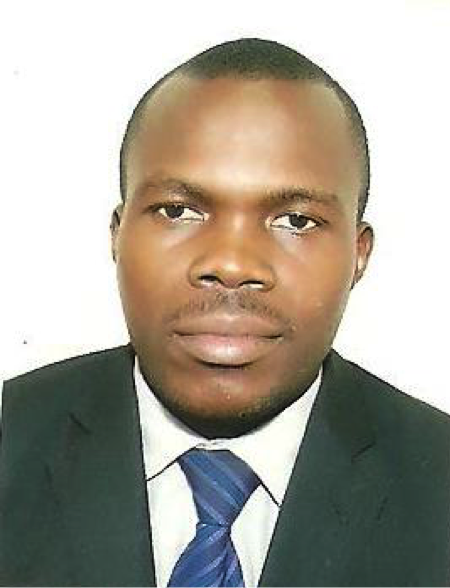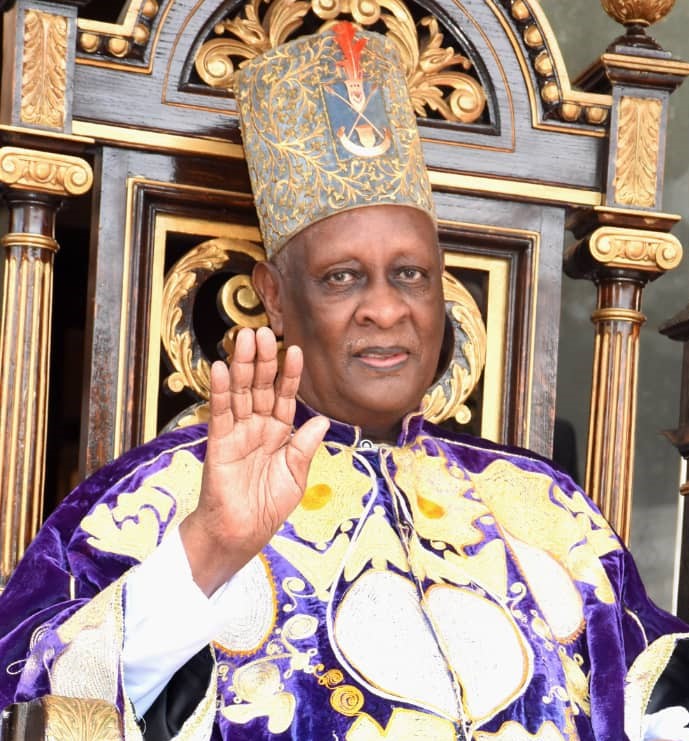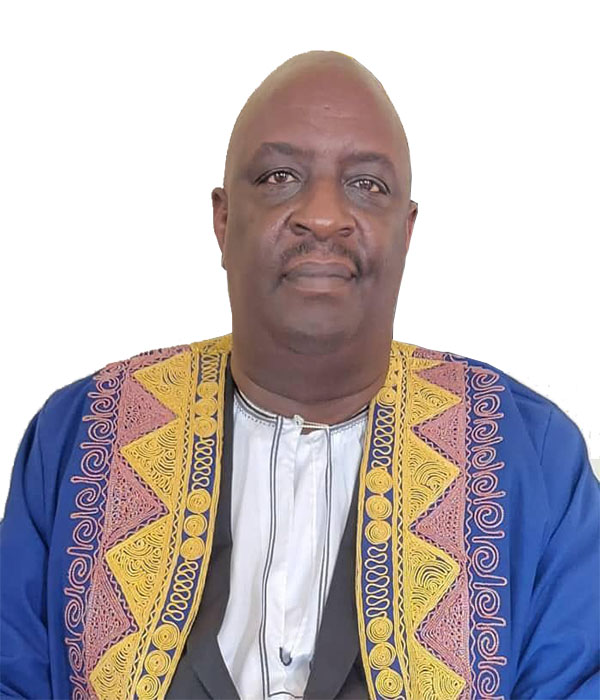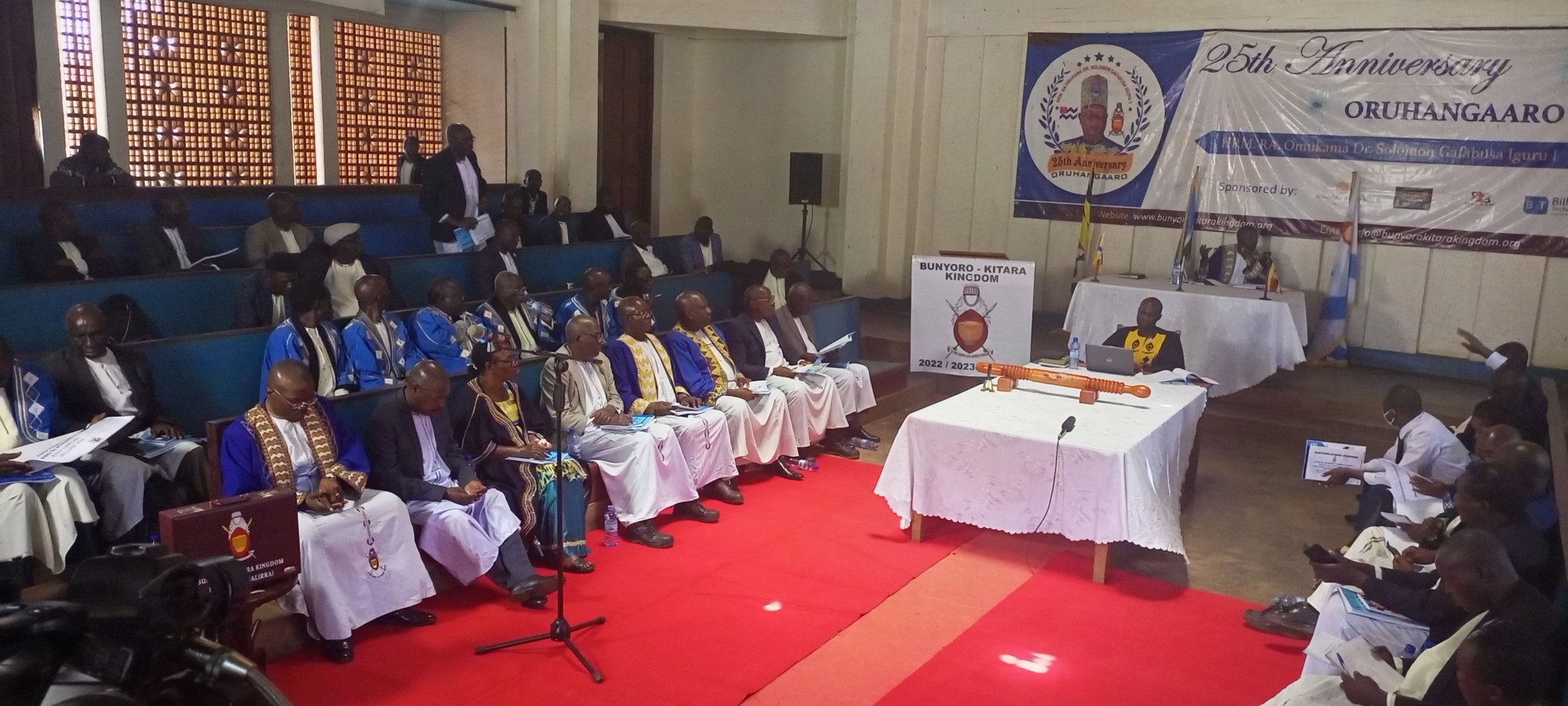- June 10, 2018
- Posted by: Communications
- Categories: Bunyoro Culture and Heritage, Empango 2018 Magazine
By Robert Owagonza Abwooli

Empaako are found among the people from the Kingdoms of Bunyoro- Kitara and Tooro in mid-western Uganda.
Translated into English, some people call them Names of Respect, others, Names of Praise and yet others call them Pet Names.
Empaako are used in greeting, expressing general appreciation or endearment, drawing a person’s particular attention or seeking reconciliation. In situations of personal conflict, they are used to restore order and harmony. They are a great asset in social and friendly interactions. When people are quarrelling and or insulting each other, they never use Empaako.
While there is no doubt about the significance of Empaako in traditional and social life in Bunyoro Kitara, there is a great deal of questioning about their meaning and their origin. Of the 13 known Empaako, 12 start with the letter A and the 13th starts with the letter O. Twelve of them are believed to have Luo origins while only one claims to be indigenous in Bunyoro.
In Bunyoro, every newly-born baby is given Empaako, regardless of their gender, health status, social-political background or even the financial status of their family in their community. And when outsiders join Banyoro communities, they are immediately given Empaako as happened in the case of British Missionaries.
Here, Empaako are listed in alphabetical order, together with their perceived meanings showing the expected characteristics of the holders of each Empaako:
- Abbala: One who loves other people unconditionally and conscientiously;
- Abooki: One who underscores the roles of parents, teachers, elders, mentors, counsellors and leaders;
- Abwooli: One who is diplomatic in relationships
(The theory behind this is that “Not all Truth needs to be told always, because it might cause unnecessary and often avoidable hurt and pain” ;
- Acaali: One who resembles another in nature and character and who easily relates to other people;
- Acaanga: This is still under research as it is not common;
- Adyeeri: One who is friendly, affectionate with a big loving heart;
- Akiiki: One who upholds national, community and family interests with great love, care, Kindness, responsibility, humility, honesty,etc.[perhaps this explains why this is a very popular Empaako among parents] Its said, its origins are in Buyoro- Kitara;
- Amooti: One who genuinely respects other people, thinking and speaking well of them;
- Apuuli: One who has powers, abilities, skills to attract other people, exhibiting qualities often observed and admired among small children;
- Araali: One who saves other people and who is perceived to have the power of thunder giving the expression “Araali, Nkuba”;
- Ateenyi: One who loves and understands a wrong doer without condoning wrong-doing;
- Atwooki: One who embraces or punishes as the case may be , other people either physically or spiritually;
- Okaali: One with the highest responsibility as a leader in the Kingdom that is Rukirabasaija Agutamba Omukama. It is used for Omukama only and even then by men only when greeting him.
In Bunyoro, Twins are automatically given Empaako either because they are first or second born and also if they are female or male.
Female- first born- Amooti Nyangoma
Female-second born-Adyeeri Nyakato
Male- first born-Amooti-Isingoma
Male-born- second- Adyeeri– Kato
The siblings which follow twins are also given particular Empaako, e.g. Kiiza is always Amooti, Nsungwa-Adyeeri, and Kaahwa-Ateenyi.
However tradition is silent on Empaako for Siamese Twins, triplets, quadruplets, quintuplets, etc.
I cannot afford to conclude this article without asking. Empaako yawe?
Source: (Professor A.B.T Byaruhanga-Akiiki and Dr. Sarah Ntiro-Akiiki)
By Robert Owagonza Abwooli



